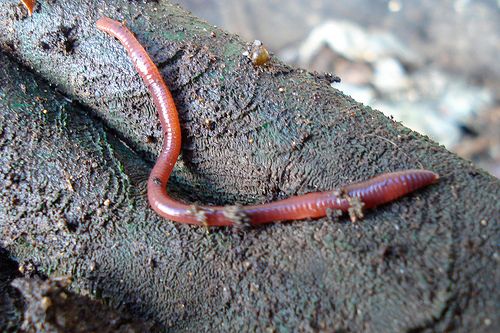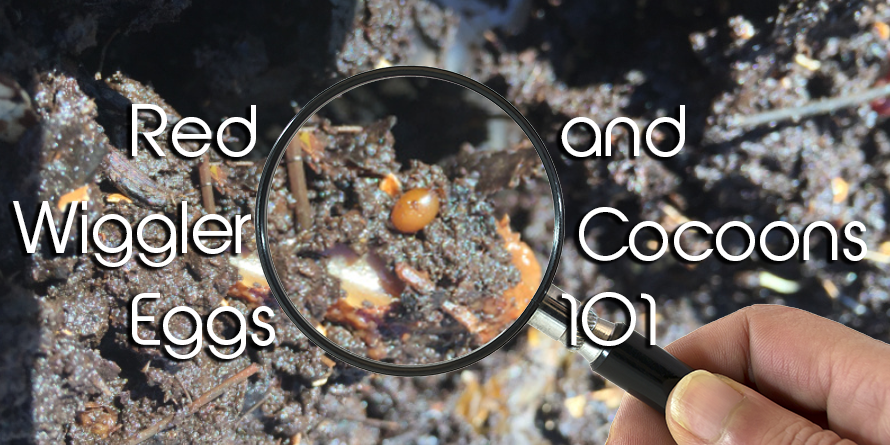The Secret to Lush Lawns Starts with Red Wiggler Express Lawn Care Services
The Unbelievable World of Red Wigglers: Boost Your Dirt Fertility Today
These small yet effective microorganisms transform organic waste into important worm castings, considerably boosting soil health and promoting sustainable techniques. As we discover the benefits of vermicomposting and the functional actions to develop an efficient worm bin, the possible impact of these worms on your horticulture success ends up being increasingly obvious.
Recognizing Red Wigglers
Red wigglers, clinically known as Eisenia fetida, are a varieties of earthworm that play a crucial function in boosting dirt fertility. These worms grow in organic-rich environments, such as compost heap and decomposing plant product, where they take in natural waste and secrete nutrient-dense spreadings. Their one-of-a-kind makeup, including a segmented body and a clitellum, allows them to duplicate swiftly and efficiently procedure large quantities of raw material.

The environmental significance of red wigglers prolongs beyond simple waste handling; they contribute to the dirt food internet, fostering a diverse community of microorganisms that further boost dirt health and wellness. Comprehending the biology and actions of red wigglers is essential for using their full capacity in sustainable farming and horticulture methods.
Benefits of Vermicomposting
(Red Wiggler Express)Utilizing the power of red wigglers via vermicomposting deals various benefits that significantly enhance dirt health and wellness and fertility. One of the main benefits is the manufacturing of nutrient-rich worm spreadings, which are a superb all-natural plant food. Red Wiggler Express. These castings contain vital nutrients like nitrogen, phosphorus, and potassium, advertising durable plant development and improving plant yields
Furthermore, vermicomposting enhances dirt framework and oygenation. The visibility of worm spreadings enhances soil appearance, enabling better water retention and water drainage. This well balanced wetness degree is vital for origin advancement and the general health and wellness of plants. In addition, red wigglers aid damage down raw material, accelerating disintegration and recycling nutrients back right into the soil.
Vermicomposting additionally cultivates microbial activity, which is important for a healthy soil community. Beneficial microbes prosper in the presence of worm spreadings, aiding in the breakdown of organic materials and enhancing nutrient availability to plants.
Lastly, vermicomposting acts as an effective waste monitoring remedy, reducing garbage dump waste by reusing cooking area scraps and other natural materials. This not only contributes to environmental sustainability but likewise advertises a circular economy within gardening and agriculture.
Just How to Establish a Worm Bin
Setting up a worm bin is a straightforward procedure that can dramatically boost your composting efforts. Begin by picking a suitable container, which can range from a commercially available worm bin to a simple plastic or wood box (Red Wiggler Express). Guarantee the container has appropriate ventilation; tiny holes in the lid and sides will facilitate air flow
Following, develop a bedding layer to give a comfy setting for the red wigglers. This can be made from shredded newspaper, cardboard, or coconut coir, dampened to a wet, sponge-like uniformity. Fill the bin to around one-third complete with this bedding material.
Once the bed linen is prepared, it's time to present the worms. Red wigglers flourish in natural waste, so place them carefully onto the bed linen. Cover the worms with a light layer of extra bedding to help them accommodate.
Feeding Your Red Wigglers
Offering the ideal food for your red wigglers is vital for their health and wellness and the efficiency of your composting system. Red wigglers prosper on a diverse diet, largely including natural materials such as fruit and veggie scraps, coffee premises, and shredded paper. These materials not just offer necessary nutrients however additionally add to the microbial activity in the worm container, which is crucial for the worms' digestion.
It is necessary to avoid particular foods, such as dairy items, oils, and meats, as these can bring in parasites and develop unpleasant smells. Additionally, citrus peels and extremely hot foods must be restricted due to their potential to hurt the worms. A well balanced technique to feeding includes checking the amount of food introduced to the bin, making certain that it is eaten within an affordable period to avoid excess waste build-up.
To advertise optimum digestion, it is valuable to cut or shred larger food items before adding them to the container. This technique raises the area for microbial action, helping with quicker decomposition and enhancing the overall effectiveness of your composting system. Routinely observing the worms' feeding practices will aid you adjust their diet plan as necessary.
Using Worm Spreadings in Your Garden

(Red Wiggler Express)Integrating worm castings into your garden can be completed by mixing them right into the internet dirt or utilizing them as a leading dressing. The slow-release nature of these spreadings ensures that nutrients are readily available to plants over a prolonged duration, lowering the requirement for synthetic fertilizers. In addition, worm castings consist of beneficial bacteria that promote healthy dirt ecological communities, boosting the total strength of your garden.
To make best use of the advantages, objective to use approximately one part worm spreadings to three components soil in your growing beds. Regular applications can cause boosted plant yields and healthier plants, making worm spreadings an important source for both amateur and seasoned garden enthusiasts alike. By using this all-natural modification, you can cultivate a growing garden while adding to lasting gardening techniques.
Verdict
To conclude, red wigglers exhibit the important role of vermicomposting in improving soil fertility. Their ability to convert natural waste into nutrient-rich spreadings substantially enriches dirt structure and supports microbial diversity. Developing a vermicomposting system not only promotes sustainable gardening practices yet also adds to ecological health and wellness. By leveraging the advantages of these remarkable organisms, garden enthusiasts can grow extra productive and resistant environments, inevitably fostering a much more lasting technique to agriculture and horticulture.